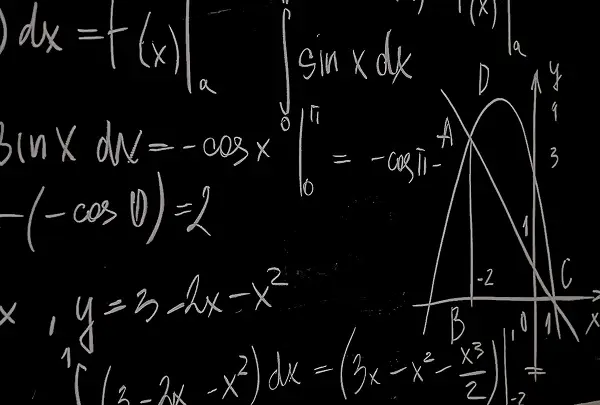We love to talk about all the research that supports highly effective practices like self-quizzing. In this article, we talk about what we do not know about the science of learning.
What’s more, most of the science of learning research to date has focused primarily on learning and memorization, as researcher Bennett Schwartz has argued, and there are, of course, very big difference between understanding and memorization.
Another key variable is the school context, and a number of studies underscore the power of different backgrounds when it comes to the science of learning. For example, a recent study found that positive effects generated by a science-of-learning-enhanced curriculum are more significant in classrooms with more advantaged students.
In other words, the science of learning intervention had a greater impact in wealthier schools than schools with lower socioeconomic statuses.
As Agarwal and Roediger write, to “truly push the science of learning from the laboratory to the classroom, more research needs to be conducted in partnership with teachers in diverse classrooms.”
To be sure, many science-of-learning principles cut across domains, context, and objectives. Indeed, Koedinger found as much himself when he demonstrated that more active forms of learning that work in classrooms (quizzes, simulations, etc.) also show high impact in an online class. His paper was well titled: “Learning Is Not a Spectator Sport.”
It’s often just as important to know what you don’t know as what you know. This is clear when we discuss any sort of learning, including the science of learning. What’s more, change in education should be done with humility — we need to make sure the science of learning isn’t treated like another silver bullet.
–Ulrich Boser and Alisa Cook
Learning less help people learn more
The art and science of promotion
Why social ways matter for education



